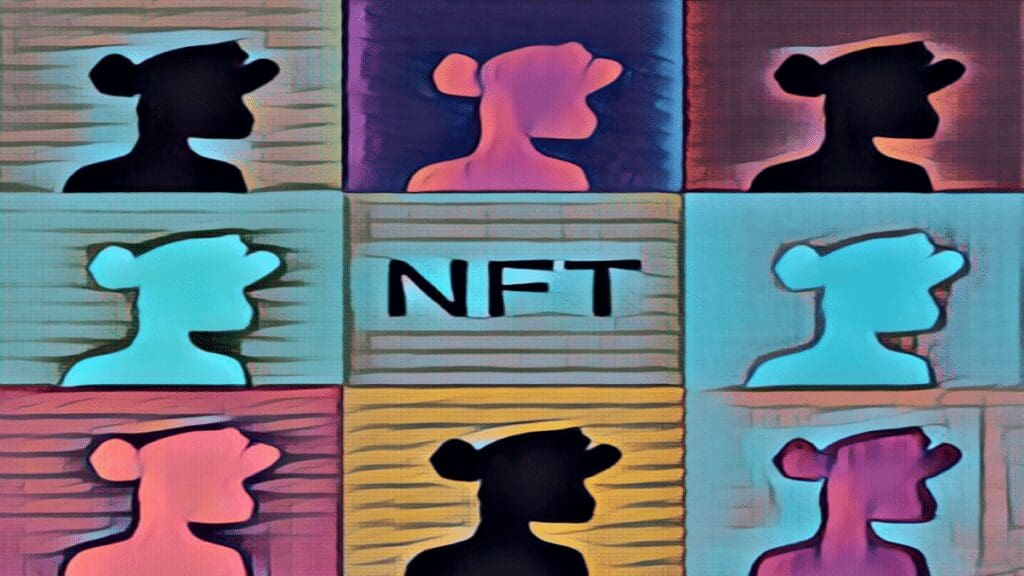A new lawsuit says that Yuga Labs has been conspiring with other companies and celebrities, like Justin Bieber, to push their products.
It’s been alleged that MoonPay and Guy Oseary worked together with Yuga Labs to pay celebrities without disclosing this to the public, in order to boost their popular NFT project.
A lawsuit was filed on Thursday accusing a number of celebrities—including Justin Bieber, Madonna, Steph Curry, and Paris Hilton—of violating state and federal laws by not disclosing their financial relationships with Yuga Labs.
Yesterday, there was a lawsuit filed in the Central District of California on behalf of 37 defendants (including members of Yuga’s leadership, celebs, and executives). The suit also names MoonPay, the crypto payments startup accused of facilitating endorsements.
The lawsuit lists 10 counts, ranging from violations of California’s consumer protection laws to violations of federal securities laws. However, more or less, the entire filing tells one cohesive story.
It’s an elaborate conspiracy between Hollywood’s elite to boost the value of Bored Apes by promoting them through celebrities. All involved are secretly benefiting from a covert payments scheme that was laundered through a cryptocurrency company.
The suit alleges that Guy Oseary, a longtime representative of Madonna and an early investor in MoonPay, worked to pay celebrities to recommend his product, Yuga, to the public.
Payments were funnelled through MoonPay, an electronic payment provider, in exchange for celebrity endorsements from Oseary’s wide celebrity network.
MoonPay is valued at $3.4 billion now and was founded in 2021, after the boom of NFTs. It’s become known for offering premium service that handles high-value NFTs for celebrity clients, including Bieber, Curry, Hilton, and Kevin Hart.
MoonPay, according to Thursday’s suit, was merely a “front operation,” secretly transferring payments from Yuga Labs — the $4 billion company behind the Bored Ape Yacht Club — to celebrities who then promoted the NFTs without disclosing their enrichment.
Yuga Labs vigorously denies these allegations.
According to a company spokesperson, these claims are opportunistic and parasitic. We are confident that their claims are without merit, and look forward to providing evidence of this.”
The lawsuit was filed by Scott+Scott, which announced another potential class-action suit against Yuga in July. The firm claimed then that Yuga Labs violated securities laws by selling Bored Ape NFTs and ApeCoin, the Bored Ape ecosystem’s Ethereum-based token, and sought to file a lawsuit against Yuga Labs.
When asked for a comment, the law firm said they did not want to comment.
In order to win the suit, the plaintiff’s attorneys will have to prove that Yuga’s cadre of celebrity amplifiers engaged in unfair or deceptive practices when they endorsed the company’s products.
Receiving secret payouts through an elaborate cover-up operation would almost always fulfil that requirement; whether such a scheme can be proven, however, is another matter.
A similar claim was made in the previous suit, alleging that Bored Ape NFTs are unregistered securities. The information disclosure bar would be further raised if the allegation is proven.
Although American courts have not yet ruled whether so-called “blue chip” profile picture (PFP) NFT collections like the Bored Ape Yacht Club constitute securities, an October report revealed that the U.S. Yuga Labs is being investigated for potential securities violations by the Securities and Exchange Commission (SEC).

